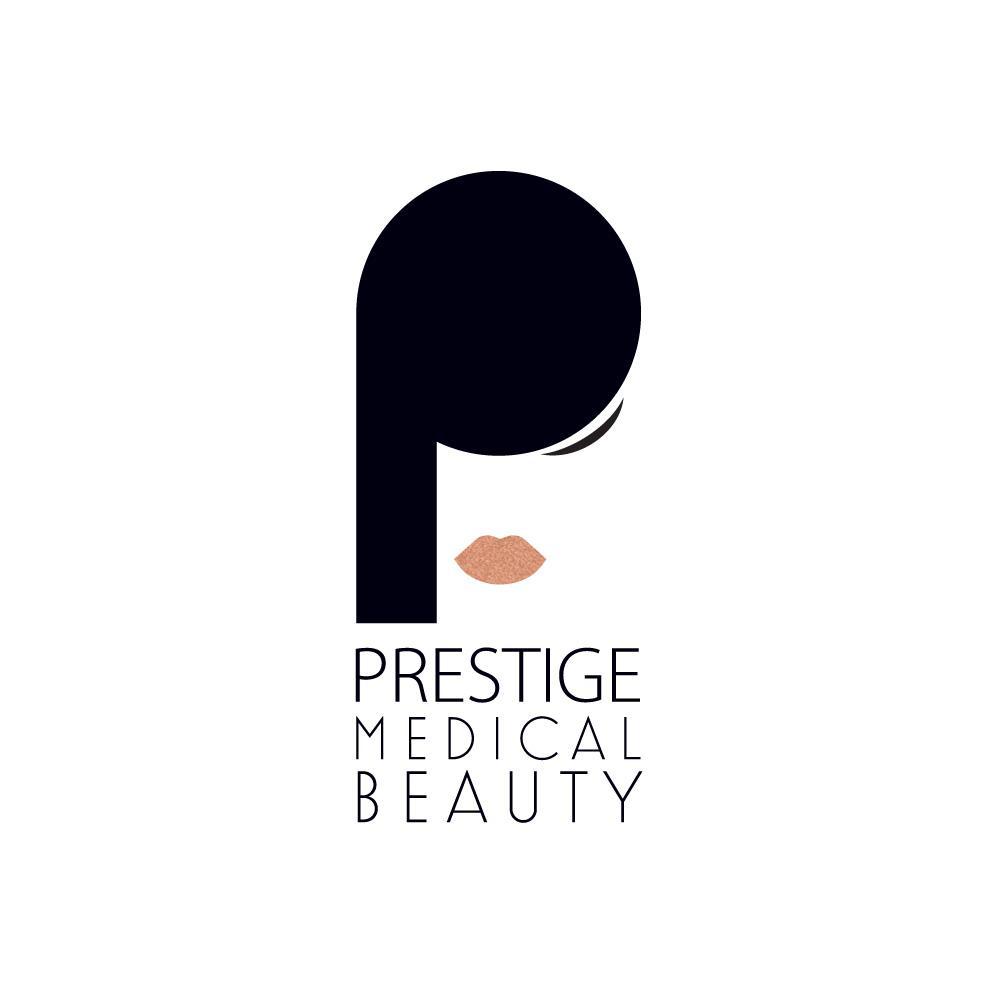Exploring the Role of Exosomes in Skin Rejuvenation and Healing
- Prestige Medical Beauty
- Sep 3, 2025
- 3 min read
In recent years, dermatology has seen a surge in innovative treatments focusing on improving skin health and appearance. Among these advancements, exosomes are gaining attention as a promising solution for skin rejuvenation and healing. These tiny vesicles, released by cells, play an important role in cell communication and have potential therapeutic benefits for skincare. This blog post explores the science behind exosomes, their advantages for skin rejuvenation, and their effectiveness in skin healing.
What Are Exosomes?
Exosomes are tiny extracellular vesicles released by various cell types, including stem cells. They carry proteins, lipids, and nucleic acids, which help cells communicate with each other. This communication is essential for many biological processes, such as tissue repair and regeneration.
Exosomes are formed within cells and released into the extracellular space through a process where multivesicular bodies fuse with the plasma membrane. Their small size, typically 30 to 150 nanometers, allows them to penetrate tissues easily and deliver their molecular content to target cells.
The Science Behind Exosomes in Skin Health
The skin is the body's largest organ, serving as a protective barrier against external stressors. However, factors like aging, UV exposure, and pollution can harm skin health. Exosomes exhibit regenerative properties that can help counteract these effects.
Research shows that exosomes derived from stem cells can enhance skin healing by promoting cell proliferation, migration, and differentiation. They also contain growth factors and cytokines that boost collagen production, improve skin elasticity, and reduce inflammation. In fact, studies suggest that exosomes can increase collagen production by up to 300%, making them a valuable asset in achieving youthful, healthy skin.
Benefits of Exosomes for Skin Rejuvenation
1. Enhanced Collagen Production
Collagen is a vital protein that provides structure and elasticity to the skin. As we age, our collagen production declines, leading to wrinkles and sagging. Exosomes stimulate fibroblasts—the cells responsible for collagen synthesis—resulting in increased collagen levels and improved skin texture. This is especially significant, as younger skin typically contains about 80% more collagen than that of older adults.
2. Reduced Inflammation
Chronic inflammation contributes to various skin issues, including acne, eczema, and psoriasis. Exosomes possess anti-inflammatory properties that can help soothe irritated skin and create a balanced complexion. By modulating the immune response, exosomes can reduce redness and swelling, leading to clearer skin. Research indicates that exosome treatment can reduce inflammatory markers by up to 50%.
3. Improved Wound Healing
Exosomes play a key role in wound healing by promoting cell migration and tissue regeneration. They can speed up the healing process of cuts, scars, and other skin injuries. In clinical studies, patients treated with exosome therapy showed a 40% faster recovery rate from surgical wounds compared to those who did not receive treatment.
4. Skin Hydration and Elasticity
Exosomes boost the skin's ability to retain moisture, thereby enhancing hydration levels. This benefit is particularly advantageous for those with dry or dehydrated skin. Furthermore, exosomes promote the production of elastin, which increases skin elasticity and results in a more youthful appearance. Improved skin hydration can lead to a 20% increase in overall skin texture and softness.
How Are Exosomes Administered for Skin Treatments?
Exosome therapy for skin rejuvenation can be administered through a couple of methods:
1. Topical Application (microneedling)
Exosome-infused serums can be applied directly to the skin, allowing for localized treatment. Often, this method is used alongside microneedling to enhance absorption and effectiveness.
2. Injections (mesotherapy)
For more precise results, exosomes can be injected into specific areas of the skin. This approach is commonly used for facial rejuvenation, specifically targeting fine lines and wrinkles.
Safety and Considerations
While exosome therapy is generally considered safe, consulting with a qualified skincare professional before undergoing treatment is essential. They can evaluate individual skin conditions and recommend the most suitable approach.
Possible side effects may include temporary redness, swelling, or irritation at the treatment site. However, these effects are often mild and resolve quickly, typically within a few hours to a couple of days.
Final Thoughts
Exosomes represent a significant advancement in skin rejuvenation and healing. Their ability to stimulate collagen production, reduce inflammation, and promote healing makes them an excellent option for achieving healthier, more youthful skin. As ongoing research reveals their full potential, exosomes are likely to become a key element of contemporary skincare practices.
Those seeking effective solutions for skin rejuvenation and healing may find exosome therapy a promising path.
In summary, the role of exosomes in skin health is an exciting area of research offering great potential for the future of dermatology. With their regenerative properties and ability to improve skin appearance, exosomes could be the key to a new wave of skincare innovation.

Fantastic treatment really makes such a difference to your skin and complexion